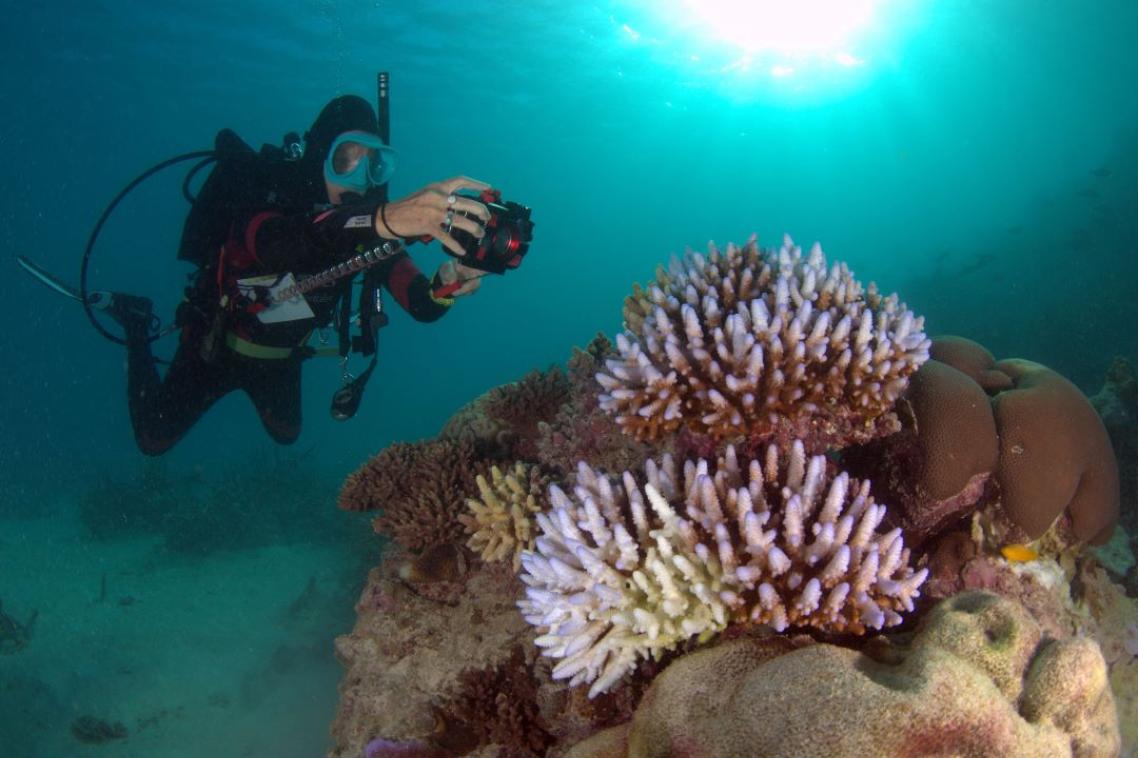Fresh hopes for anti-microbial potential from Aussie native plants
QAAFI and Queensland Government scientists have discovered promising new anti-microbial properties in a combination of natural-plant ingredients, including two common native Australian plums.
A research team led by QAAFI food scientist Dr Yasmina Sultanbawa has discovered that when small amounts of the kakadu and Queensland Davidson plum are combined with organic acids they display promising new anti-microbial properties.
Dr Sultanbawa’s research team has been looking at how native plants might be used to extend the shelf-life of processed kangaroo meat in pet food, which would help to reduce the industry’s reliance on preservatives such as sulphides.
“The pet food industry has traditionally used sulphites to extend the shelf-life of meat products, however extended high exposure to sulphites can lead to thiamine deficiencies in small animals including cats and dogs,” Dr Sultanbawa said.
“Consumers are trending towards fresh, natural produce across-the-board – and that includes food choices for their beloved pets.
“The kakadu and Queensland Davidson plums both have tremendous potential as anti-microbial agents and we have only just begun to explore the protective properties of these native fruits.
“Although this is new work, our preliminary studies suggest it might be possible to improve the shelf-life of kangaroo meat by adding native plum anti-microbial agents and using existing processing such as vacuum packaging for best results.”
Department of Employment, Economic Development and Innovation (DEEDI) scientist Andrew Cusack said that this research could be applied to other minced meat products such as sausages where sulphite is used as a preservative.
“Additionally plant extracts have other benefits such as antioxidant properties which could contribute to better health,” Mr Cusack said.
Dr Yasmina Sultanbawa’s research “Shelf-life extension of kangaroo meat using natural anti-microbials” is a collaboration between scientists from QAAFI and DEEDI’s Innovative Food Solutions and Technologies.
QAAFI background
The Queensland Alliance for Agriculture and Food Innovation (QAAFI) is a scientific research institute of The University of Queensland (UQ), which was formed through an alliance between UQ and the Queensland Government’s Department of Employment, Economic Development and Innovation (DEEDI). QAAFI draws together 100 research teams specialising in plant, animal and food sciences from 11 UQ and DEEDI sites across Queensland.
Contacts
Dr Yasmina Sultanbawa
Email: y.sultanbawa@uq.edu.au
Tel: 3276 6037
QAAFI Communications
Ron Hohenhaus
Tel: (07) 3346 0553
Email: r.hohen@uq.edu.au
Mob: 0417 425 510
Topics
Related articles

Thousands of Queensland reef photos lead to worldwide change

UQ to conduct world-first tests into effectiveness of magnetic heat shields for atmospheric re-entry of large spacecraft
Media contact
UQ Communications
communications@uq.edu.au
+61 429 056 139
